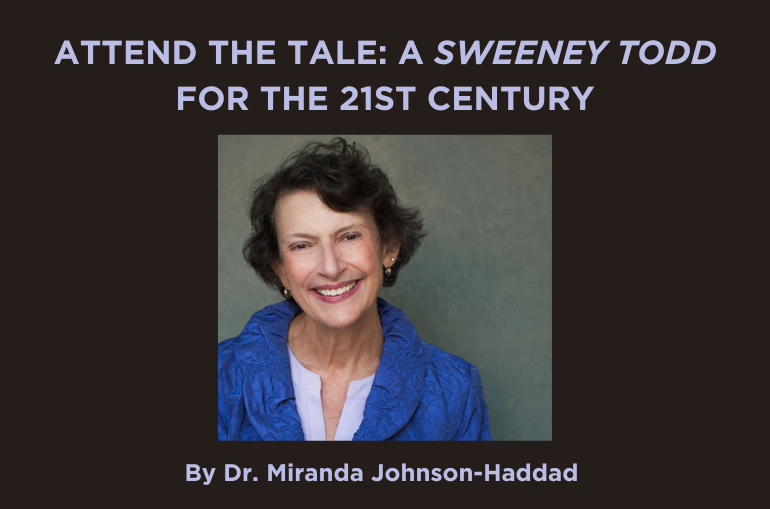Manuel Puig’s Kiss of the Spider Woman: The Gift of Storytelling

By A Noise Within
March 2, 2023
By Dr. Miranda Johnson-Haddad, Resident Dramaturg at A Noise Within
Manuel Puig’s novel Kiss of the Spider Woman was a critical failure when it was first published in 1976. Yet it has had what one commentator (Isaac Butler, writing in The New Yorker in December 2022) has called “a remarkable afterlife.” Puig himself adapted the novel as a play in 1983; that play in turn inspired a film version in 1985, with a screenplay by Leonard Schrader and directed by Hector Babenco; and finally, the novel was reimagined yet again as a Broadway musical in 1993, with music and lyrics by Kander and Ebb and the book by noted playwright Terrence McNally.
All three of these later incarnations received considerable critical acclaim. The film was nominated for four Academy Awards and won a Best Actor award for William Hurt (as Molina). The musical, despite a rocky start, eventually won four Tony awards, including Best Musical. To this day, the musical remains the best-known version of Puig’s novel, even though he had almost no input and died (in 1990) when the musical was still in its earliest workshop stage.
 Puig reportedly disliked the film and hated the early version of the musical. His standards for adaptations of his novel were high, not only because, as the author of the original work, he was the best judge of the faithfulness of any later versions, but also because he had originally aspired to be a screenwriter. This dream grew out of his own youthful experiences of going to the movies with his mother while growing up in Argentina, where he fell in love with the Hollywood films of the 1930’s and ‘40’s.
Puig reportedly disliked the film and hated the early version of the musical. His standards for adaptations of his novel were high, not only because, as the author of the original work, he was the best judge of the faithfulness of any later versions, but also because he had originally aspired to be a screenwriter. This dream grew out of his own youthful experiences of going to the movies with his mother while growing up in Argentina, where he fell in love with the Hollywood films of the 1930’s and ‘40’s.
The play remains the least-known adaptation today. And yet, like the novel, the play is a beautiful and moving portrayal of many kinds of love: the love of country that leads people to risk death to make it better; the tender relationship that develops between Molina and Valentin; and, significantly, the love of telling stories. Like Puig himself, Molina is a deeply engaged storyteller, and he tells Valentin the stories of the movies he remembers to comfort both Valentin and himself. Powerful as the film and musical versions of this novel are, the play is arguably even more powerful because it is so simple: just two characters, sharing stories with each other and with us, in the intimacy of a darkened theater. In sharing stories, Molina and Valentin rise above their appalling circumstances, and they lift us up with them.








